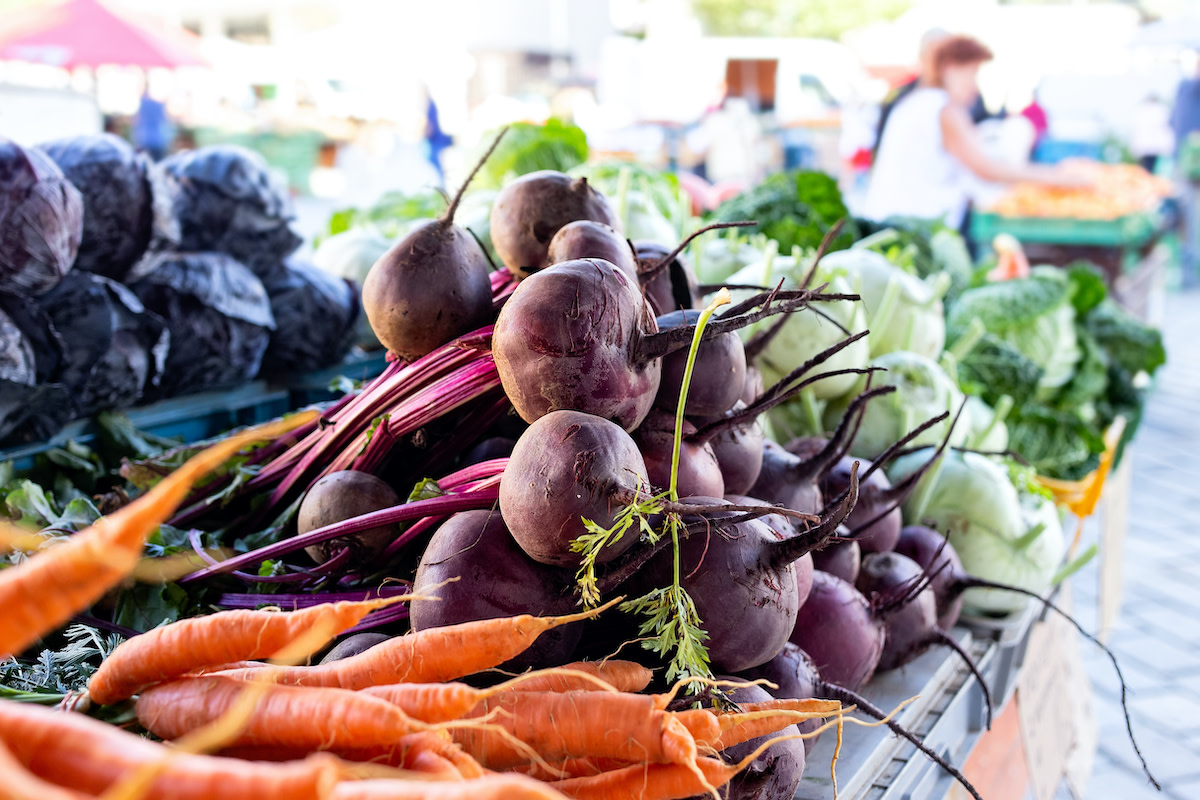Food Sustainability: Supporting Sustainable Farming Practices
Written by MasterClass
Last updated: Mar 3, 2022 • 3 min read
The food sustainability movement aims to steward the global food system wisely and ethically. It takes the ecological ramifications of the current global food system and proposes a better way to handle natural resources for populations and the planet as a whole.
Learn From the Best
What Is Food Sustainability?
Food sustainability encapsulates a broad array of dietary and agricultural practices to ensure current and future generations have enough food. This means adopting sustainable food production and farming practices on a wide scale plus reducing food insecurity globally through personal dietary habits. Food sustainability relies on both individual and collective action.
Why Is Food Sustainability Important?
Food sustainability aims to ensure the entirety of the world’s population has access to plenty of food both now and far into the future. It promotes food security by meeting various sustainable development goals. As a small part of the wider environmental sustainability movement, it focuses on preserving biodiversity in global ecosystems. Additionally, it seeks to mitigate climate change by reducing the food industry’s greenhouse gas emissions. Food sustainability presents benefits to both personal and public health, as well as the planet.
7 Ways to Support Food Sustainability
Food sustainability requires broad governmental action; the movement can also benefit from personal decisions to consume food more responsibly. If you want to contribute to the food sustainability movement, here are seven suggestions for getting started:
- 1. Buy local food. The closer a farm or agricultural land is to you, the shorter the distance your food has to travel via plane, train, or automobile. This translates to a decrease in carbon emissions. Focus on buying from local farmers’ markets, or ask your grocery store if they stock more local food items.
- 2. Engage in activism. There is only so much a single person can do to make an environmental impact, but people can lobby for change on a wider scale. Find initiatives you care about that actively work to achieve more sustainable food systems or reduce your community’s carbon footprint by influencing public policy.
- 3. Know your food’s origins. If possible, assess every element of a product’s supply chain. Ensure each company or farm down the line treats their farmworkers, land, and livestock well. This means paying attention to broader land-use habits (like the pesticides or fertilizers they deploy) and ascertaining whether they engage in fair trade and ethical production practices. Seek advice and input from the US Department of Agriculture (USDA), the Food and Agriculture Organization (FAO), and other reputable institutions.
- 4. Practice moderation. By almost every metric, current food production systems supply far more food throughout wealthy regions of the world than those in poorer areas. Achieving a more sustainable agriculture system as a whole means everyone must eat food in moderation. Try eating slightly smaller portions to prevent food waste.
- 5. Purchase seasonal food. As you make nutritious food choices, consider purchasing food that is in season in your area. Produce that comes to your grocery store out of season probably traveled from far away—this translates to a much higher carbon footprint, which harms food sustainability.
- 6. Reduce food waste. Doing your part to reduce food loss means more of the overall food supply to go around for everyone. Keep from acquiring excess food or wasting food, which will end up in garbage cans and landfills. If you must discard food rather than consume it, give the food away or engage in composting when possible.
- 7. Swap out meat when you can. The process of raising and selling animal products has a much higher carbon footprint than harvesting vegetables, fruits, nuts, and legumes. Eating a sustainable diet means replacing calories you would get from meat with other healthy food that comes from the earth. Try replacing animal byproducts with vegetarian or vegan alternatives—this doubles as an opportunity to champion animal welfare causes.
Learn More
Get the MasterClass Annual Membership for exclusive access to video lessons taught by masters, including Jane Goodall, Bill Nye, Neil deGrasse Tyson, Paul Krugman, and more.
